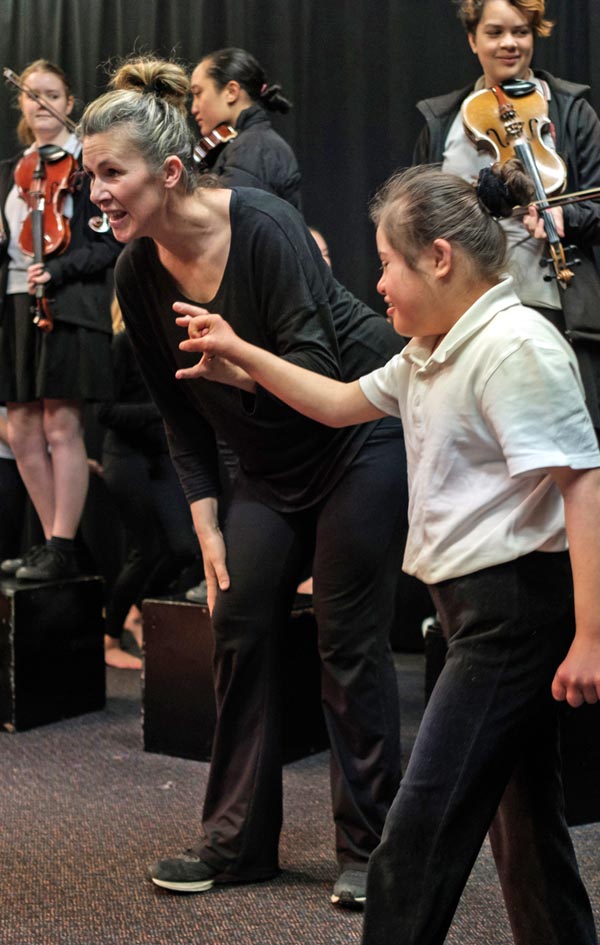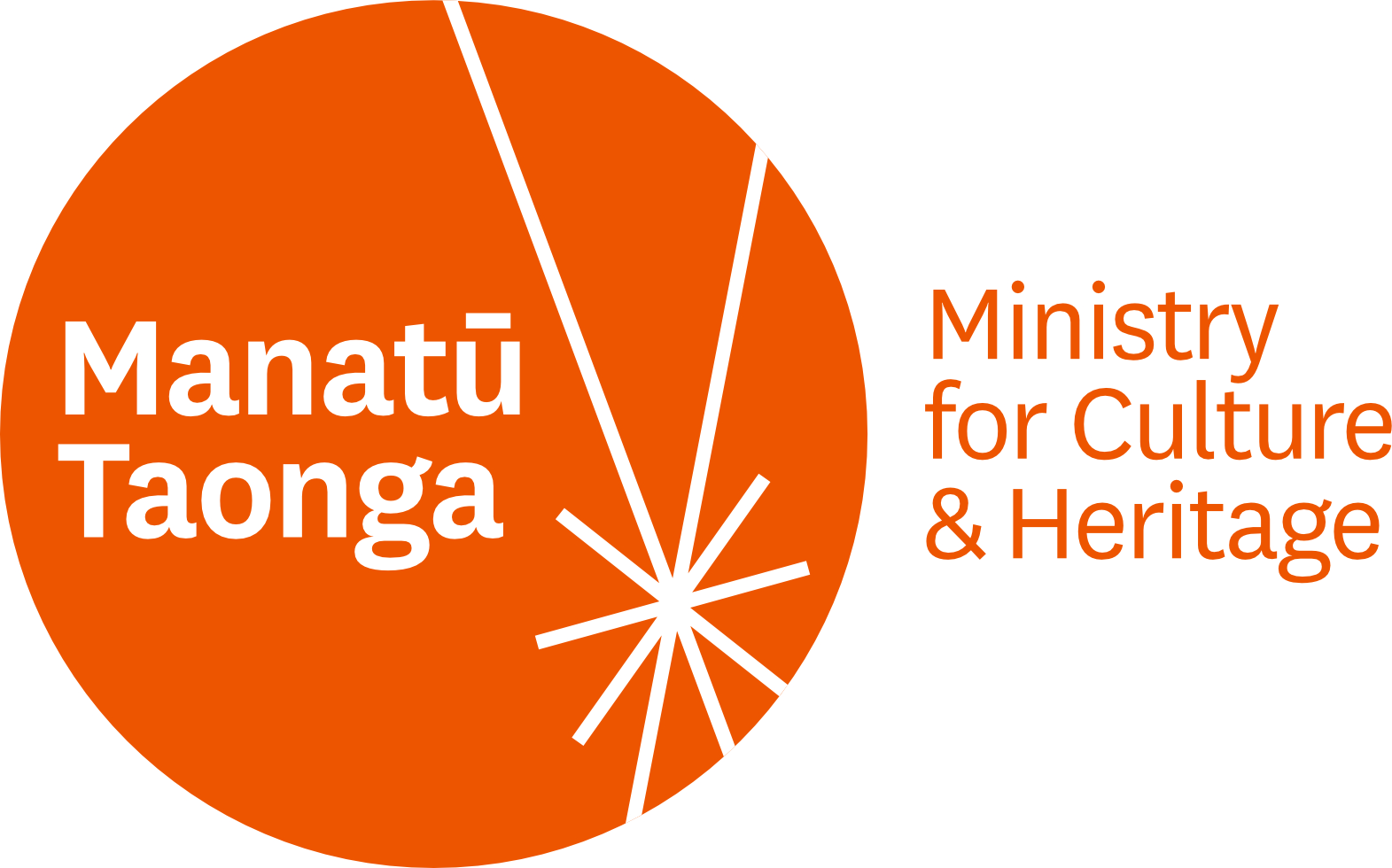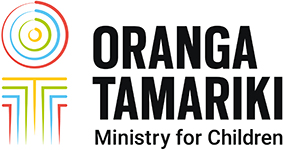Access and inclusion to arts and culture affirms our identity and sense of belonging. A pandemic, however, has brought with it all manner of disruptions, restrictions and cancellations of what we've taken for granted.
At a time when planned programmes and opening dates have gone out the window and incomes have been greatly reduced, leaders of arts organisations (myself included) have relied on the values in their organisations to guide them.
 I will always be grateful to former trustee Awhimai Reynolds for her guidance in bringing forward these values for Arts Access Aotearoa. For me, “Kaitiakitanga – service to others and nurturing leadership within others” helps energise our purpose and guides our activities.
I will always be grateful to former trustee Awhimai Reynolds for her guidance in bringing forward these values for Arts Access Aotearoa. For me, “Kaitiakitanga – service to others and nurturing leadership within others” helps energise our purpose and guides our activities.
Talking of operating from a place of clear values, I’m very pleased that Ruth Harvey (formerly a curator and public programmes manager at Puke Ariki in New Plymouth) has returned to New Zealand from six years in leadership roles at AS220, a community arts organisation with strong values in Rhode Island, USA. Ruth agreed to share her leadership experiences during the worst of the pandemic with us. Do read her insightful blog.
Importance of a strong community and a civic sector
With the challenges of this period in our history, I’ve been thinking about the importance of a strong community and a civic sector. This third sector of our society exists alongside government and business sectors and is not always understood for its role in strengthening communities.
 The not-for-profit sector provides support and advocacy about issues ranging from the environment and wage equity to health, education and, in the case of Arts Access Aotearoa, the rights of Deaf, disabled or marginalised people to be included in the arts. All this is driven by values.
The not-for-profit sector provides support and advocacy about issues ranging from the environment and wage equity to health, education and, in the case of Arts Access Aotearoa, the rights of Deaf, disabled or marginalised people to be included in the arts. All this is driven by values.
Maslow’s hierarchy of human needs demonstrates that physical needs such as a home, health, finances and security are basic essentials. From this base, we can grow towards reaching our full potential – often demonstrated in creative self-expression and manifested in the arts.
It’s been very hard for the arts sector (for example, companies and festivals), which has taken a battering for more than two years, alongside the collective threat to our physical health.
Our sense of home and health is closely linked to our need to enjoy and participate in the arts. The sense of wellbeing provided by the eco system of the arts and cultural community provides a tangible life pulse that moves from one human to the other. This is essential at a time when emotional and mental health needs are high.
It's been a long time since New Zealanders have collectively experienced threats to their freedom and health at the same time. I am thinking of the first World War and 1918 influenza epidemic survivors, and the second World War generation.
Health, freedom and collective responsibility
The topics of health and freedom were brought to the grounds and streets around our Parliament at the same time as Russia prepared and then attacked the freedom of Ukraine.
 Here in Aotearoa, many people will have considered where they stood along the see-saw of opinion – where the right to protest rubbed up against others’ rights to feel safe, run their businesses, or get to work, school and university classes.
Here in Aotearoa, many people will have considered where they stood along the see-saw of opinion – where the right to protest rubbed up against others’ rights to feel safe, run their businesses, or get to work, school and university classes.
The occupation at Parliament is an opportunity for us to think about and respond to topics such as individual rights versus collective responsibility, and have a good look at an extreme example of what happens to people where there is no social cohesion. As a society that generally believes in a fair go, it was a test we won’t forget for a long time as we had to witness often violent behaviour, fuelled by influential manipulators.
Reflecting on the values that drive us
Without a doubt we are all tired of the pandemic and, right now, its Omicron curtain call. There are still uncertainties. However, for people who work in the civic sector, now is the time to reflect on the values that drive us and underpin our work. These can give us strength.
As we advocate for the services, changes and improvements needed in these times, let’s recognise the true value of what the arts provides to social cohesion.
And (note to self) reach out, ask for help and take greater care of our own health and wellbeing when and wherever possible.
The arts respond to war
Two dancers from the National Opera of Ukraine have hung up their ballet shoes to join the armed forces. Read more
The remaining members of the Kyiv-Classic Symphony Orchestra performed a concert in the capital's Maidan Square on Wednesday 9 March, despite the constant threat of missiles or bombs falling.
In San Francisco, artists and activists have produced a mural based on Ukrainian self-taught artist Maria Prymachenko's A Dove Has Spread Her Wings and Asks for Peace. The message "Stop the war on Ukraine" is painted in blue just above. Read how this artist’s work is becoming a global symbol of peace after Russian forces almost destroyed her work
And in Aotearoa, RNZ Concert joined 55 international radio channels and broadcast Beethoven’s 9th Symphony, including the Ode to Joy, in support of all those affected by the war.
Beethoven’s belief in the humanity of art became even more pronounced in his later music. By the time he wrote his 9th Symphony, he was completely deaf and isolated from society. And so he made music intent on communication – reaching out to humanity through his music.
You can listen to the NZSO and Voices NZ under the baton of Edo de Waart perform Beethoven's 9th Symphony.
LATEST POSTS
- Accessibility
- Accessible Arts
- Achievements Celebrations
- Active Recreation
- Advocacy Campaigns
- All New Zealand
- Arts Accessibility
- Arts Culture
- Arts Culture Venues
- Arts For All
- Arts In Corrections
- Canterbury Region
- Community Arts
- Community Services
- Covid 19
- Creative Spaces
- Creative Wellbeing
- Dance
- Disability
- Festivals Arts
- Galleries
- Global Issues
- Health
- Learning Disabilities
- Local People
- Maori Art
- Mental Health
- Musical Theatre
- Obituaries
- Professional Development Arts
- Stories About Organisations
- Theatre
- View Point
- Visual Arts





